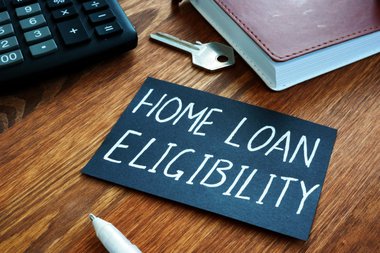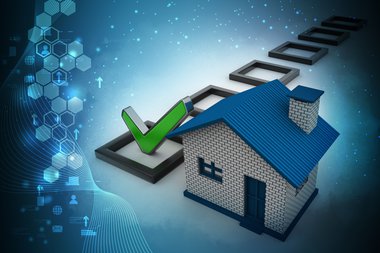Absolutely! While the process might be different from traditional employment, self-employed workers have numerous options for obtaining a mortgage loan. The best mortgage lenders for self-employed individuals understand that business income can be complex. Whether through conventional lenders offering standard mortgage rates, specialized stated income programs, or alternative lending solutions, there's likely a mortgage product that fits your situation. You might need mortgage default insurance depending on your down payment size, but there are both traditional mortgage insurance and insured stated income mortgages available. Working with an experienced self-employed mortgage broker is key to navigating these options and finding the best fit for your specific situation.















